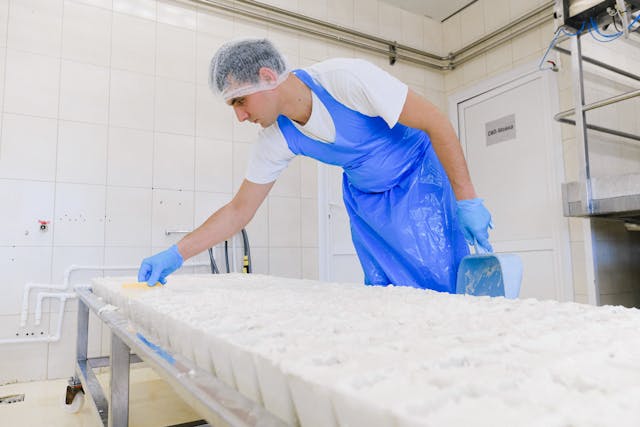Precision fermentation (PF) can be used to produce novel food products and ingredients with increased productivity and value due to increased nutrient content, decreased resource requirements and environmental impacts, and improved resilience to pests, diseases and climatic factors. Engineered microbes are used in PF to produce foreign proteins and compounds that are components of new products that are analogues of existing animal products. Macronutrients, micronutrients, flavours, preservatives, or antioxidants can be produced with lower resource requirements and emissions. They will play an important role in future food systems in view of sustainably reducing world hunger and malnutrition.
Downstream processing can ensure purity and safety of food and food ingredients. However, due to the novelty of these production pathways, the framework to identify and quantify the risks systematically in the production process is inadequate. Controls already exist to produce safe, clean and nutritious food and food ingredients at marketable prices, but their effectiveness in managing risks in PF foods are not well documented.
The project will develop an evidence-based technical framework for assessing the safety of precision fermented food. It is a multidisciplinary project that merges biochemical and bioprocess engineering knowledge in order to determine the presence and extent of hazards and assess processing steps to reduce or eliminate them, thereby enabling adoption and commercialisation.
Project team
- Kaveendya Rathnayake
Project funding
